Interview with David Fore, a legendary Texas drummer: Zakary Thaks, Bubble Puppy, Demian and more
Hi David, thanks for taking the time to share your story as drummer of two of Texas’ most famous psychedelic rock bands, Zakary Thaks and Bubble Puppy. For me, it doesn’t get any better than that!
When and where were you born? What part did music play in the Fore household?
Born in 1950 San Antonio. My dad was a drummer in big bands in the 1940’s and ‘50’s. I never saw him play, as he quit when he married my mom. But I saw newspaper clips of his band, “Records Ramblers”, and every night he played drums with his hands on the arms of his chair in the living room. I do the same thing. We had tons of 78 records, like all families in the ‘50’s.
How old were you when you began playing music and what was your first instrument? What prompted you to take up music and how did you acquire the gear?
My sixth grade teacher asked me day “David, are you a drummer?” because I was beating on my desk with my pencils. He could have scolded me, but for some reason he posed it as a serious question. I thought about for a second, and said “yes”. I took drum lessons that summer and have been playing ever since! As for my first instruments, I used to lug home the marching snare drum and bass drum from my junior high band hall! My mom finally bought me a set of 1963 Psychedelic Swirl Slingerlands.
What was the music scene like where you grew up and how much of an influence did it play on you and the music you played?
The music scene during my entire childhood and teen years was the best. As a kid in Corpus Christi, we had loads of teen bands, and places to play, like the Carousel Lounge at Six Points on Sundays. The Liberty Bell, Ginger Valley, The Bad Seeds, and The Buckle with Sam Neely were just some of the great bands coming out of the Corpus Teen Scene. In Austin we had the Vulcan Gas Company. So, the music scene had a tremendous influence on me because it was so vibrant.
What was the first band you were a member of? Who were the other members? What kind of music did you play? Did you start out playing covers or did you do original tunes right away?
One of my first real bands was The Riptides, which later would be re-named The Zakary Thaks. We started out playing covers, then went on to originals. The members over the years were Wayne Harrison, Chris Gernottis, Rex Gregory, Pete Stinson, and John Lopez.
When and where was the first gig you ever played? How old were you? How did the band do down with the audience?
I played a lounge gig with a guy named David Marion in Flour Bluff when I was about 13 years old (1963). Way too young to be in a lounge! The bass player, the guitar player, and the vocalist all played out of the same amp. It was also the night I had my first mixed drink, a tom collins. I don’t think the audience even noticed us.
What bands had you been a member of before joining Zakary Thaks? Had you done any recording? What sorts of venues had you played?
I only had been in a few “one rehearsal” bands. I remember one group, I forget the name, that was all brothers and the dad had made us all costumes, and choreographed our moves. Too much for me, I bailed. Then there was Dave Marion and the Marionettes. He was a tattooed auto mechanic, we used to practice at his garage after hours. He was the real deal, sort of a Dale Watson type. I was also a member of “The Pagan Rocks”. Great name. We played a club on Padre Island called “French the Beachcomber” all the time.
At what point did you join Zakary Thaks? How did you come to be a member? Did you do any recording with the band?
Jeez, I was probably 14 or 15, so it was around ‘64 or ‘65. I stayed with the band until Rod Prince called me to join Bubble Puppy. Stanley Moore took my place, and he is on the records.
What sorts of venues did you play with Zakary Thaks? Who were some of the bands that you shared the stage with?
I remember our first paid gig. It was a backyard party and I think we made 50 bucks, which astonished us all. We used to play “sock hops” at all the local high schools.
What are your most fond memories as a member of Zakary Thaks and why? What caused you to leave the band?
We used to ride motorcycles together, and do a drive by on Mary Carroll High, our school, before class. We were really pretty wholesome, but the school didn’t see us that way! The band hung out together like no other band I’ve ever been a part of. If we were not practicing our playing, we would call each other up and go somewhere as a group. We even had a “slumber party” one night. I think I have a picture of it. We were just kids. As I said, I left the Thaks to join Bubble Puppy.
How did you become a member of Bubble Puppy? Who were the other members of the band when you joined?
Rod Prince and I had been friends long before Bubble Puppy was formed, that’s probably why I got the gig. He and Roy Cox started the band in San Antonio. They played one gig without me, opening for The Who. After that show is when Rod called me in 1968 to join the band. I drove to Austin to the BP band house (we always lived together in those days). They had a singer, Danny Segovia, who coincidentally quit the same day I arrived. So, the members for the rest of our time together were: Rod Prince, Todd Potter, Roy Cox, and David Fore.
Do you remember your first practice with Bubble Puppy? Where was it and what were some of the songs you played? Did the band always do original tunes or did you do any covers?
We would wake up late, get breakfast, and go swimming. Later, after dinner and card games, about 11:00 pm someone would say, “Let practice”! So we practiced from 11:00 until dawn!
When and where was the first gig you played with Bubble Puppy? Do you recall the first song you played? How was the audience reception of the band?
Don’t recall my first gig with BP.
How long had the band been together before being offered a recording contract? What venues had you played and who were some of the bands you shared the stage with?
Not long! Just a few months after I joined the band International Artists Records offered us a deal. We had to move to Houston from Austin. Everything happened quickly for us. Made my head spin. Our first big show was opening for the Chambers Brothers at the Coliseum in Houston. We had been used to small clubs like Love Street Light Circus and Feel Good Machine. All of a sudden we were on a huge stage, and all I could hear was Roy. No monitors back them We rapidly got used to big stages, and to this day I feel more comfortable playing to large crowds in big halls!
How did Bubble Puppy come to sign with International Artists Records? Did you have other offers? What were the terms of the contract with IA? How excited was the band to get a contract?
John Bartlett, my ex-brother in law, was a singer songwriter living in Houston. He was the person that hooked us up with International Artists Records. We were very happy to get a deal. The terms were 5 years, with a one year option for them to proceed with us, or drop us.
When and where did Bubble Puppy first record? Who produced? Do you recall the first tune the band recorded? How much freedom was the band afforded in the studio?
Ray Rush, of Roy Orbison fame, produced our first record at the International Artists Records Studios. The studio was called Gold Star for the gold star embedded in the flooring. We were very free to do what we wanted in the studio. I don’t remember the first tune.
What was the first release by Bubble Puppy? Did it receive much radio airplay? How much support did International Artists offer the band and how pleased was the band with this support?
“Lonely” was our first release. The “B” side was Hot Smoke and Sasafrass. A DJ in Houston flipped it over and Hot Smoke was an instant success, getting airplay all over the country. Number one in Miami, Chicago, Detroit, etc. International Artists, what can I say. They helped us out, recording us, booking our tours, but they really didn’t know what they were doing.
When was “Hot Smoke And Sasafrass” released? How was distribution handled? The song made #14 on the Billboard charts, do you have any idea how many copies were sold? Had the band already been offered the chance to record an LP or was that a result of the success of the single?
The release date for HS was the summer of 1969. Don’t know who distributed it. We figure at least 500,000 copies were sold. The recording of the LP was part of our contract with I.A.
When and where was “A Gathering Of Promises” recorded? How long did the sessions last? What was the songwriting process of Bubble Puppy? Who produced the album? How pleased was the band with the finished product?
Recorded at International Artists studio, named Gold Star, in Houston, TX in 1968 and 1969. Ray Rush produced the LP. We loved the finished product.
How were sales of the LP? How was distribution handled by your label? How much airplay did the album receive? Was the band pleased with the support given by International Artists?
We don’t know how many LP’s were sold total. Poor accounting on the part of IA was one of the reasons we left.
In the aftermath of the hit single and the album how did the sort of venues the band played change? Who were some of the bands you shared billings with at this point? How large were the crowds the band appeared before?
We went from small clubs like the Vulcan Gas Company in Austin, and Love Street in Houston, to giant arenas playing with Steppenwolf, Grassroots, Canned Heat, Spirit, and other big groups of the time. Usually 2000 to 10000 people.
David Fore on the Larry Kane show in 1969.
Bubble Puppy released other singles after “Hot Smoke And Sasafrass.” What were these singles and how were sales? What about radio airplay? How did International Artists handle distribution of the singles?
We released “If I had a Reason”, “What Do You See”, and “Beginning” after Hot Smoke. All charted in the low 90’s in Billboard.
How long after did Bubble Puppy exist in its first incarnation? Why did the band decide to change its name and relocate? How were relations with International Artists at this point?
Bubble Puppy changed our name to Demian in 1970. The band was always Rod Prince, David Fore, Roy Cox, and Todd Potter, even after the name change. We left International Artists because of their poor accounting procedures. IA was too inexperienced, they didn’t go a good job of promoting our records.
The band reappeared in California under the name Demian. How was the name chosen and what were the circumstances that led up to the name change and relocation?
We moved to California and changed our name to Demian when the bass player for Steppenwolf offered to manage us.
Demian at a college in California.
How did the type of venues change when Bubble Puppy morphed into Demian? What was the first gig the band played under the new name? Who were some of the bands you shared bills with? Did the type of music played or songwriting process change after the band became Demian? What label did Demian sign with?
When we weren’t touring we played the Whisky and other L.A. clubs like the Santa Monica Pier and Irma’s Hotel in the valley. We had a local L.A. hit with Face the Crowd from the Demian LP.
We shared the bill with Black Oak Arkansas, BB King, The Outlaws, and even Cheech and Chong. We signed with ABC Dunhill records in 1971.
When and where did Demian record its self titled LP? Who produced the album? How long did the sessions last? Would you share some memories from the recording sessions? How pleased with the finished product was the band? What are your favorite tunes from “Demain?”
Demian Recorded “Demian” at the Record Plant in L.A.
The demo that got us our record deal was produced by Bill Szymczyk. He had just finished producing the James Gang with Joe Walsh. Our manager, the bass player for Steppenwolf, Nick St. Nicholas wound up producing the record. The LP was recorded from midnight to 6:00 am! It was the only time we could get at the Record Plant.
How was distribution handled by the label? What sort of support did the new label offer the band? How pleased was the band with the arrangement?
Don’t know about the distribution. The label was very supportive.
Were any singles released in connection with “Demian?” How much radio airplay did the album receive? How were sales?
Only one single “Face The Crowd” was released on ABC Dunhill Records. It did fairly well in the California market.
How long did Demian last as a working band? Why did the band break up? When and where was Demian’s last gig? What did the band members do following the dissolution of the band?
Demian broke up in 1971. We had just come from a meeting with our label, who picked up our option for a second LP. Todd and Roy got into an argument, one of those “I don’t need you, oh yeah, well I don’t need you!” type of arguments. Rod and I returned to Texas after the breakup.
What musical projects were you involved in following the breakup of Demian? Were any other members of the band involved in them? What sort of music did you play?
For years I just keep trying to get Bubble Puppy back together. Rod and I and various other players would try to keep the spirit alive.
You have been involved in Bubble Puppy reunions and reformations right up until today. Describe, if you would, the circumstances of these and who have been your band mates over the years? Which founding members of the band have been involved in these projects?
All I have to say on this is that the current lineup of Rod Prince, David Fore, Mark Miller, Gregg Stegall, and Jimi Umstattd is by far the best lineup since the original. We were inducted into the Austin Chronicle Hall of Fame back in 2011.
Has Bubble done any recordings since the original incarnation? If so, what have you released and what label were the releases been on?
Yes, several. Live at the Continental, and Wheels Go Round come to mind. Both in the 1980’s.
Who are the members of Bubble Puppy today and what kind of venues are you playing? Are there any plans for future Bubble Puppy recordings?
Rod Prince, David Fore, Mark Miller, Gregg Stegall, and Jimi Umstattd are the current members. We are recording now here in Austin. Also, there is a major release planned by Charley Records in the U. K. We are currently playing clubs around Austin, Houston, and Dallas.
Looking back over your career, what do you consider the highlight of your time spent in Bubble Puppy? What about the low point? When and where was the last gig that the founding members of the band played together?
For me, the highlight of my career with Bubble Puppy was our gig at the Kinetic Playground in Chicago in 1969. Hot Smoke was number one on WLS in Chicago for 3 weeks. Keith Emerson of Emerson Lake and Palmer was in a band called “The Nice” and they open for us. The crowd went crazy for us, and I got a standing ovation for my drum solo.
No doubt there any many things I have not covered considering your time in Zakary Thaks, Bubble Puppy and Demian. What would you like to share with It’s Psychedelic Baby Magazine readers that has not been discussed?
Well, it’s very bizarre quitting high school to join a band and being famous in only 8 months! But I loved it. Bubble Puppy was, and still is, a family. Rod and I are still great friends. Bubble Puppy got back together in 2011 to be inducted into the Austin Chronicle Hall of Fame, and we are still playing gigs. It’s still as much fun as I can have. I’ve been in the band for 50 years!
Thank you so much for taking the time to do this interview David. I know I join all the readers of It’s Psychedelic Baby Magazine in saying thank you for all the wonderful music you have been a part of and for taking the time to tell the story of your musical journey.
– Kevin Rathert
© Copyright http://www.psychedelicbabymag.com/2017
Array


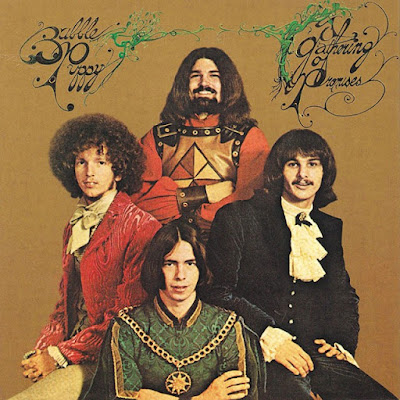



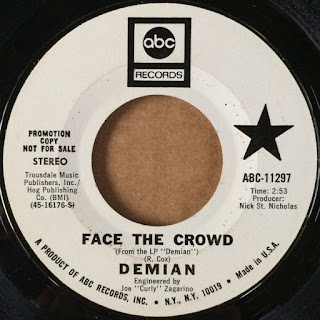
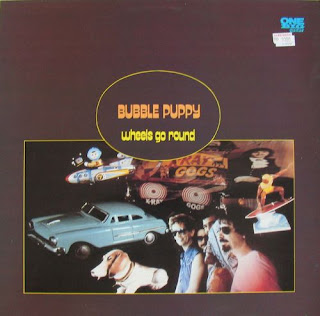
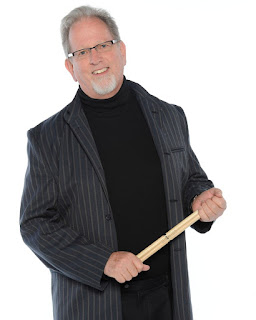
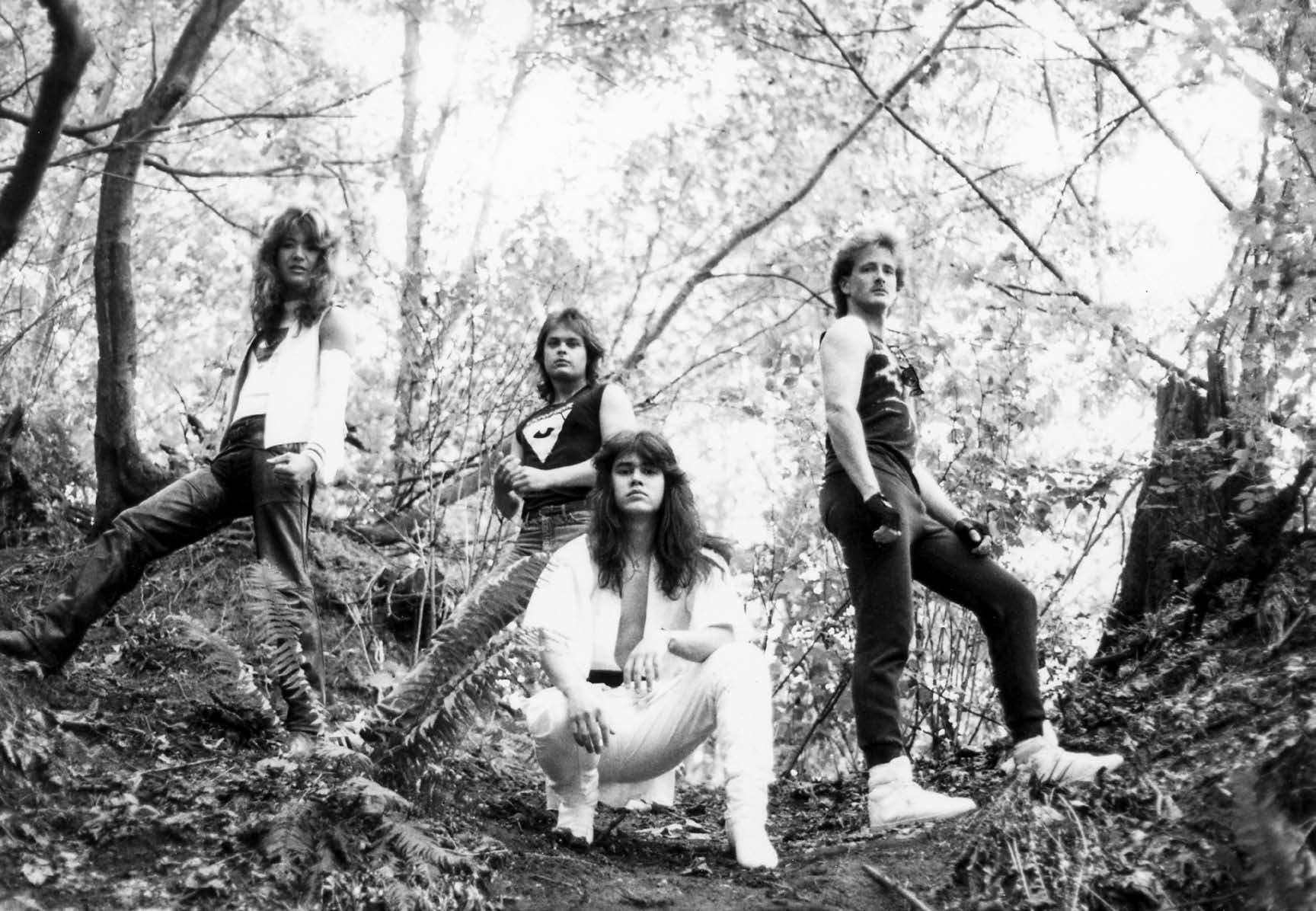
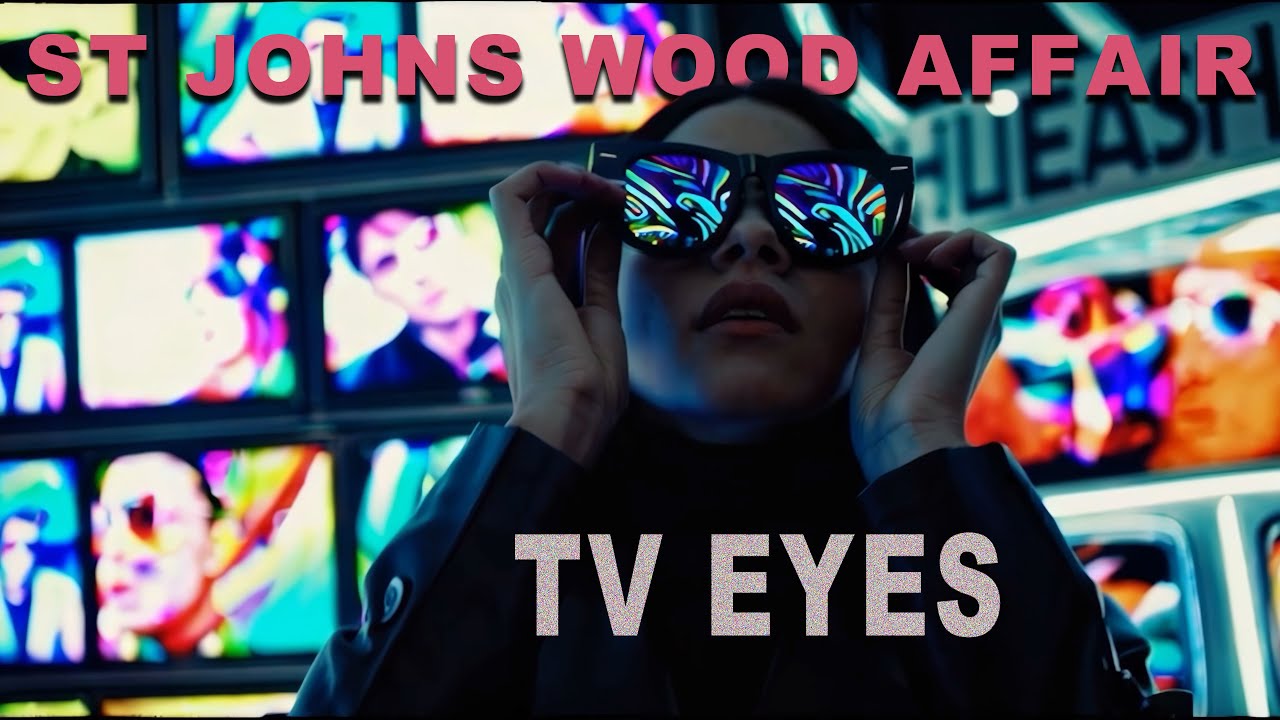
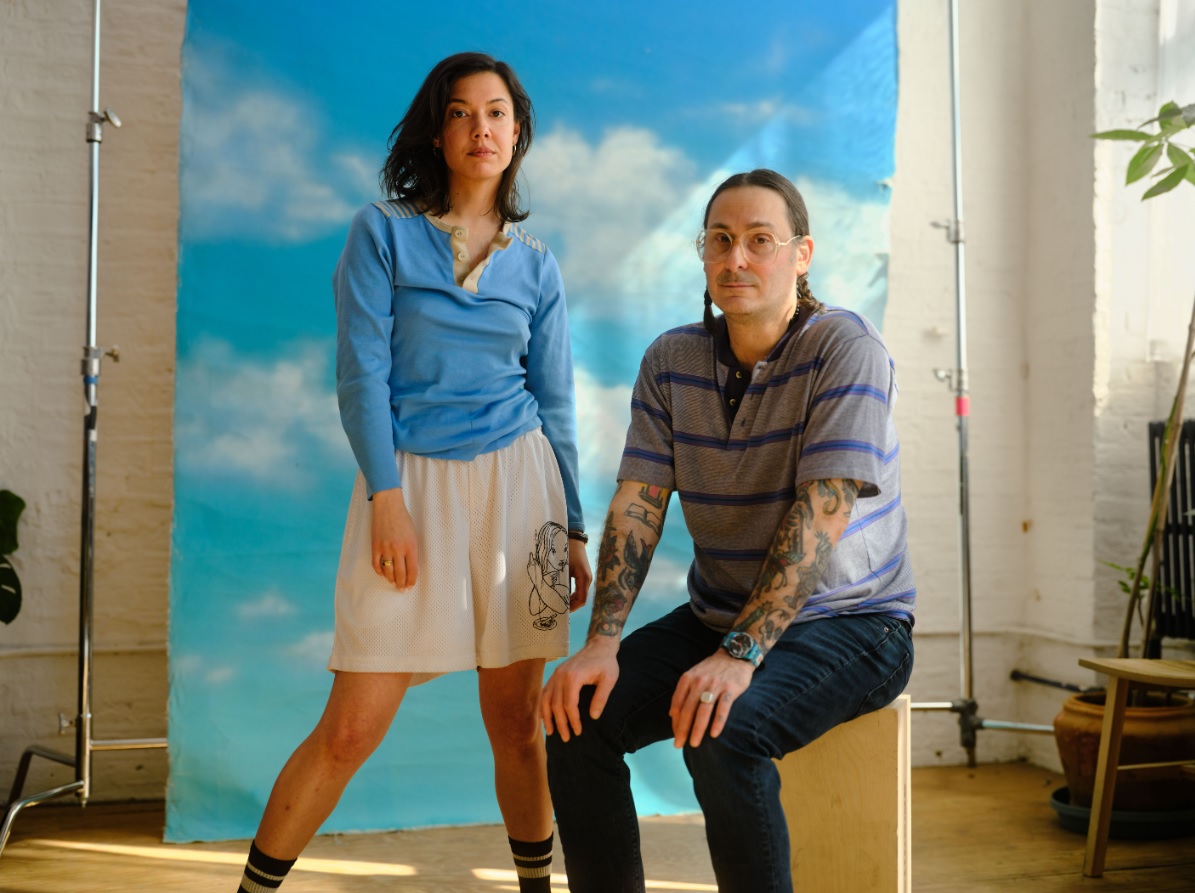
I used to know David…. great guy
Thanks Steve!
The wonderous foundation of any band is how well the bass and drums jive, and as the studio engineer Phil Mezzetti says, "you have to marry the bass and the kick drum". This band is so fine, and creating the bottom with David Fore is fabulous! AND to add all this to 3 of the best screaming lead guitarists in the land is just too cool…and even more conceptuous is the vocals which are totally killer!
recall jamming with other S.ParkJH band guys at the house ’63. great drummereven then!
I dated David when he was with Bubble Puppy. He’s a genuinely nice guy and super talented drummer. I often wonder what happened to him. If you’re out there, David, give me a shout!